| BC | |
| Approx. 300BC | First settlers in the area of Eye – roundhouse built to the north of the village. |
| AD | |
| 200 | Car Dyke built by the Romans. |
| 582 | The area of Eye becomes part of the Kingdom of Mercia. |
| 966 | The ‘Medhamstead minister’ and Abbot are given the lands of Eye. |
| 1233 | The beginnings of a ‘mansion’ at Eyebury. |
| 1304 | The grange of Northolm is started by Godfrey of Crowland. |
| 1348 | The Black Death (Plague) enters Britain. |
| 1541 | Dissolution of the Monasteries and the creation of the Diocese of Peterborough by Henry VIII. |
| 1600’s | Fens around Eye drained and reclaimed as farmland. |
| 1642 | The English Civil War – a series of armed conflicts and political machinations between Parliamentarians and Royalists begins. |
| 1643 | Parliamentary soldiers arrived in Peterborough to attack Royalist strongholds at Stamford and Crowland. |
| 1666 | 417 people die from the Plague in Peterborough in the final large prevalence of the disease in England. |
| 1720 | The population in Eye is recorded as being nearly 100 families. |
| 1801 | The first Census. Population for Eye is 501. |
| 1810 | The first of the Leeds family arrive at Eyebury Farm. |
| 1823 | Wesleyan chapel built. |
| 1830 | A new school built adjacent to the church on the corner of Back Lane and Eyebury Road due to the poor state of the previous building. This can be seen on old maps of the village. |
| 1839 | A new vicarage is built. It stands across the road from the current vicarage. |
| 1847 | The new re-built church opens for worship. |
| 1849 | On Monday 28th April a large fire broke out in a farmers yard which destroyed a haystack, outbuildings and cottages. It was said that had the wind not veered to the south the whole village could have been laid in ruins. The amount of damage was said to be around £2,500, around £250,000 in today’s money. |
| 1855 | The school opens on the corner of Eye school with separate entrances for boys and girls. (Before 1870 there was no compulsion to educate children) |
| Brick making at Eye Fletton brickworks begins. The ‘callow hill’ and lakes close to Green road are all that remains of these earlier works. | |
| 1866 | The Peterborough, Wisbech and Sutton Bridge Branch (later the Midland and Great Northern) railway comes to Eye. |
| 1870 | The Elementary Education Act established the framework for the education of children between 5 and 13 |
|
|
|
| 1875 | Infants school opened on the opposite side of the road to the 1855 mixed school. Over 5.000 new schools had been built in the country since the 1870 Education Act. |
| 1880 | Education comes compulsory up to the age of 10 (raised to 12 in 1899). In the early 1880s Alfred Leeds who lived at Eyebury discovered Leedsichthys, the largest ray-finned fish, and amongst the largest fish known to have ever existed. |
| 1884 | The ability to vote is given to farmers and labourers living in the countryside. Before only men living in towns could vote. |
| 1887 | On Thursday 23rd June the oak tree in the grounds of the church is planted by a Mrs Beecroft as part of the village’s celebration of Queen Victoria’s Golden Jubilee. |
| 1888 | American dinosaur expert Professor Othniel Charles Marsh visits the Leeds’ farm at Eyebury |
| 1995 | The parish hall (Leeds Hall) opens for use. The Leeds gave the site and helped raise funds for construction. It was referred to as ‘The Iron Room’ as it was originally this was built of timber and clad with corrugated iron sheets. Only from 1920 was it named the Leeds Memorial Hall, more commonly called the Leeds Hall. The current hall was built in the 1970s. |
| 1897 | Brick making at Northam Brickyards starts. |
| Queen Victoria’s Silver Jubilee is celebrated in the village with large marquee being erected in a field close to the village. 1,100 people attend for a substantial tea. St Mark’s band is in attendance, the national anthem is sung and sporting events take place. | |
| 1898 | Alfred Nicholson unearths Cetiosaurus Leedsi, a 60-foot reptile that lived 162 million years ago.
|
| 1901 | Census this year records the population at 1,366. That’s 272 per cent higher than in 1801. |
| Queen Victoria dies. | |
| 1911 | 3,800-year-old Bronze Age barrows discovered to the south of Tanholt House |
| 1912 | Titanic sinks |
| 1914 | World War One begins and Eye Patriotic Society is formed. |
| 1918 | World War one ends and the church bells are rung continuously until 4 o’clock. |
| 1919 | Peace Day celebrations are held with a thanksgiving service at the church, events include a garden fete, friendly football match, and dancing and fireworks. |
| Tree of peace planted in the grounds of “The Lawns”. Now Fountains Place. | |
|
|
|
| 1928 | Aerial ropeway is erected to carry clay to Eye from the Dogsthorpe Works. |
| Representation of the People (Equal Franchise) Act. Any women over 21 years old is now allowed to vote. Prior to this act only women over 30 who met minimum property qualifications could vote. | |
| 1929 | The great depression, the brickyard shuts. |
| 1933 | The brickyard re-opens as the country pulls its way out of the depression. |
| 1934 | The final service is held at the Wesleyan chapel. |
| 1925 | Death of Queen Alexandra on the 27th November |
| 1935 | George The Fifth’s Silver Jubilee |
| 1936 | Abdication of Edward VIII |
| Coronation of George VI | |
| 1939 | World War Two breaks out and the Eye Patriotic Society is revived. |
| 1941 | Lone German aircraft strafes the high street and drops bombs near the brickyards. |
| 1945 | German Flying bomb is seen over the High Street. |
| Nearly 200 men from Eye recorded serving in the War. | |
| World War Two ends. | |
| 1948 | National Health Service comes into being. |
| 1951 | Infants section of Eye C of E school opens. |
| 1958 | A large quantity of Roman tiles found between Clay Lane and Car Dyke. |
| 1959 | Eye Green railway station closes. |
| 1964 | George Matthews House opens on the 30th of June. |
| The extension of Eye C. of E. school for juniors is opened. | |
| 1966 | Sports field off Lindisfarne is acquired. |
| The last ever freight train, loaded with bricks, leaves Eye Green. | |
| 1969 | St Peter’s Work Centre opens at the end of Lindisfarne Road. |
| The Croft opens on the 2nd of April. | |
| 1970 | Leeds Hall is rebuilt with prefabricated sections. |
| Swimming pool for Eye C. of E. school built by volunteers. | |
| 1971 | The old school is converted for use as library and youth centre. |
| 1972 | Eye becomes part of Cambridgeshire (After previously being part of Northamptonshire). |
| 1981 | The marriage of Charles and Dianna on Wednesday 29 July was celebrated across the village including a fete at the Croft which included games, competitions and tea. |
| 1982 | The church spire removed due to safety concerns. |
| Last remaining section of Eye tower mill demolished. | |
| 1983 | On the 23rd of April, two Harriers from RAF Wittering collided over a field to the east of the village and crashed. While Air combat training at 10,000ft a Harrier GR.3 XV795 turned into the path of Harrier T.4 XW926. Although the pilot of the GR.3 ejected to safety the two pilots in the T.4 sadly died. A summary of the accident is here. |
| 1985 | Laurel Farm Medical Centre opens. Previously the surgery was in Field House next to the infants and junior school, now a residential home for the elderly. |
| 1986 | Manor Farm Community Centre is opened on the 27 September by Councillor Derek Williams. |
| 1989 | At 9.36am on the 22nd March, a loud bang which rattled windows was heard across the village. The cause was a lorry full of explosives and detonators that had exploded in nearby Fengate. The story made local and national news. You can read more about it here. |
| 1990 | Eye Brickyards close. |
|
|
|
| 1991 | The A47 bypass opens to the north of the village. |
| 1996 | The former Northam Brickyard, 25-acre site, is declared a nature reserve. |
| 1998 | St. Peter’s Adult Training Centre closes. |
| 2001 | Census data puts the population at 3,779. That’s a 276 per cent growth in the last century. |
| 2002 | Eye High Street from Toscanini’s to the Church, Back Lane and Lukes Lane become a designated conservation area. |
| 2003 | Lincolnshire County Council grants planning permission for the new A16. |
| 2004 | Peterborough City Council grants planning permission for the new A16. |
| 2006 | Renovations to the church that have been on the cards since the ’60s, including a new community room and toilet block are completed. |
| The Harry Cureton extension to the doctor’s surgery is opened. Harry who had won £7 million on the lottery had been a well-known greengrocer for many years in the village. Harry died in 2003 but the £115,000 required to build the extension was provided by a trust fund Harry had set up for local health needs across the city. | |
| 2007 | Planning application approved for Peterborough Garden Park. |
| 2008 | 19-year-old gymnast Louis Smith from Cleve Place wins a bronze medal at the Bejing Olympics. |
| 2010 | The last resident leaves St. Matthews House and it’s closed. (Plans are to build 15 chalet bungalows on the plot with communal facilities for the 50+ age group.) |
| The Croft closes after 41 years. | |
| The £25 million Peterborough Garden Park opens. | |
| In April the local council held a consultation on plans to build 305 homes, 10 travellers’ pitches and a plot for travelling show people to be built in the village. Almost 300 turn up at a meeting to object to the proposals. | |
| The grass field behind the Manor Farm Community centre is converted to a park with £100,000 of Lottery funding. | |
| Councillor Marco Cereste, Leader of Peterborough City Council and Paul Kitson from the Homes and Communities Agency mark the ‘topping out‘ of the £7.5million Spinney extra care scheme by laying the final two bricks. More here. | |
| The first section of the new A16 between Spalding and Crowland opens. The final part between Crowland and Peterborough remained closed due to slippage on the embankment leading up to the bridge. | |
|
|
|
| 2011 | The marriage of Prince William and Kate Middleton on the 29 April was widely celebrated across the village. |
| In July HRH The Duchess of Gloucester officially opened The Spinney, Axiom Housing’s Extra Care Scheme comprising of 52 extra care apartments and 12 bungalows. Dignitaries included Mr Hugh Duberly CBE Lord Lieutenant of Cambridgeshire, the High Sherrif of Cambridgeshire, Mr Richard Barnwell and the Mayor of Peterborough. Also in attendance were Gillian Beasley, Chief Executive of Peterborough City Council and Marco Cereste leader of the council. | |
| After repairs costing £5 million to the embankment leading up to Car Dyke bridge, the £80 million A16 Eye bypass between Crowland and Peterborough finally opens on the 16th of October. | |
| 2012 | Plans to build 600 homes in Eye and Thorney is approved. |
| Gymnast Louis Smith from Cleve Place wins a bronze and silver medal at the London 2010 Olympics. | |
| Eye Green traffic calming measures are completed | |
| George Matthews Court is demolished for a new housing estate | |
| 2013 | George Matthews Gardens is completed on the site of George Matthews Court |
| Plans to build 52 homes on land to the east of the village is given planning permission. | |
| Eye United youth team beat Blackstones 5 -1 to win the Professional Footballers’ Association (PFA) prize. | |
| Riva Restaurant moves to Eye from the Key Theatre in Peterborough. | |
| Red Lion closes and is put up for sale | |
| Manor Farm Park receives the Green Flag award. | |
| 2014 | The Croft, older peoples home is demolished and planning permission for 14 homes is given for the site. |
| 2015 | Musa, an Indian restaurant opens in the former Spade and Shovel pub. |
| 2016 |
COOP returns to Eye and opens in the former Red Lion. The former Greyhound Pub in Eye Green re-opens as Maccaloo Gastro Pub. |
| 2017 |
Riva closes and Mattoni who already have a restaurant in Hampton opens in Eye. The butcher closes. |
| 2018 |
The bakery closes. |
| 2019 | Weldon’s Chip Shop is taken over and called Clancy’s. The Peterborough Local plan including 336 homes in Eye is approved by Peterborough City Council. Post Office closes. |
| 2020 | On Monday 23 March the UK went into lockdown and a national emergency was declared. Following the outbreak of a dangerous virus called Coronavirus COVID-19 in China that rapidly spread across the world all pubs and restaurants where shut (takeaways could still operate as long as they followed strict hygiene and social distancing rules) and all non-essential shops where shut. Everyone was told to only go outside for food, health reasons or work (but only if they cannot work from home), stay 2 metres (6ft) away from other people at all times and wash hands regularly |
| 2021 | A new Aldi supermarket opens on the Peterborough One site. |
| 2022 | Blue Diamond who have a chain of Garden Centres acquire Peterborough One Garden Park. House of Feasts on Crowland Road run by restaurateur Damian Wawrzyniak closes due to increasing costs and lack of footfall. |
| 2023 | New village sign installed in the centre of after previous sign was damaged in a storm. Peterborough City Council considers the sale of the building that holds villages library and youth centre. Data for the 2021 census at parish council level is released. Between 2011 an 2021 the population of the parish has grown from 4,340 to 5,409, an increase or 1,069 persons or 25.6%. Between 2001 and 2021 it saw a 43% increase! |
| 2024 | Remains of a Roman settlement and burial site discovered during the construction of a new warehouse for Dalton Seeds to the east of the village. Allen Archaeology who performed to excavation, said the team had uncovered 14 burials and evidence of a corn dryer and tile kiln. Fish and chip business relocates to Crowland Road. Development of Eye Neighbourhood plan starts. Boots leaves the village and Hampton Pharmacy take over the Chemist in the village. |

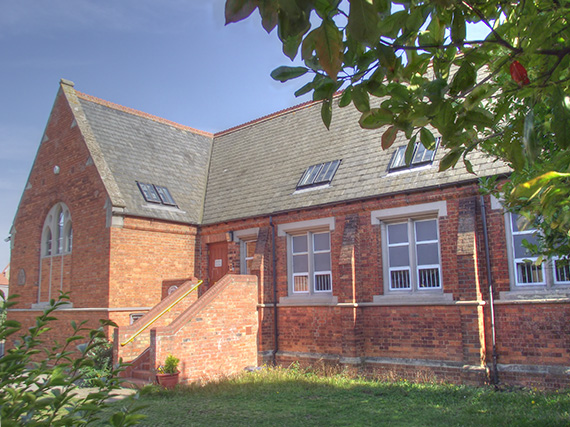
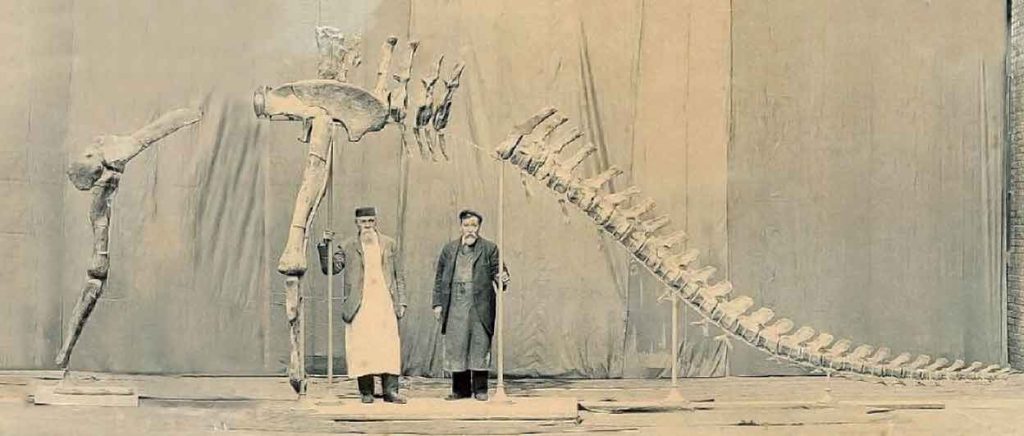
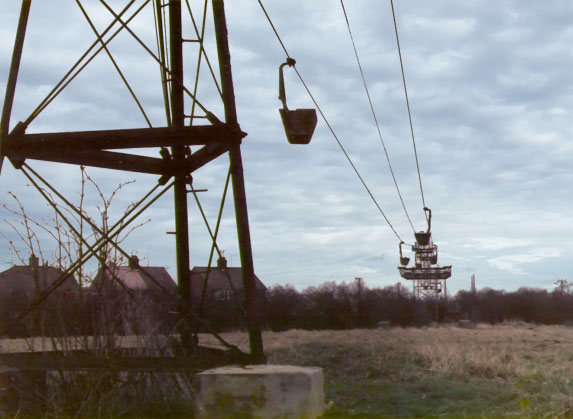
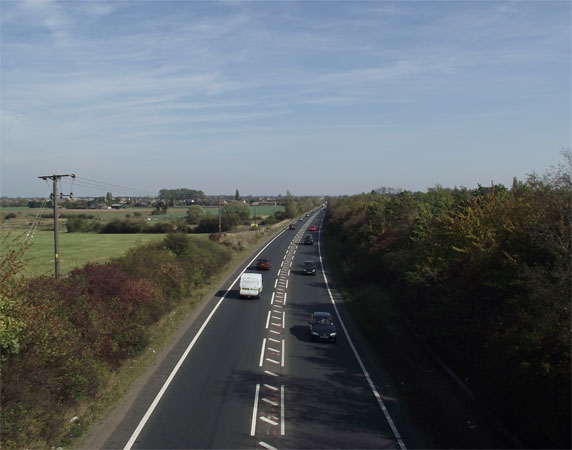
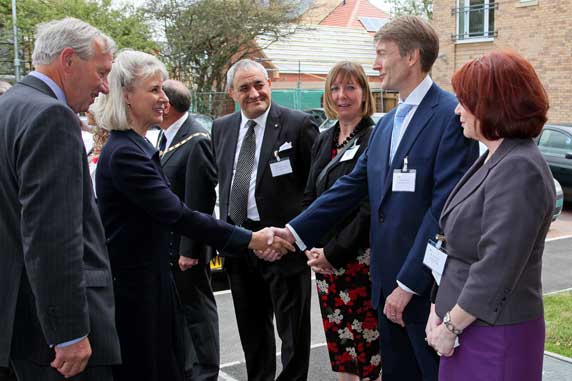
you could mention that Riva has now been replaced by Mattoni in 2017 (I think). The butcher and the bakery also closed recently and the motorbike store is now a CoOp funeral service.
I suppose can now add the 14 Roman citizens burials in the field by Daltons seeds